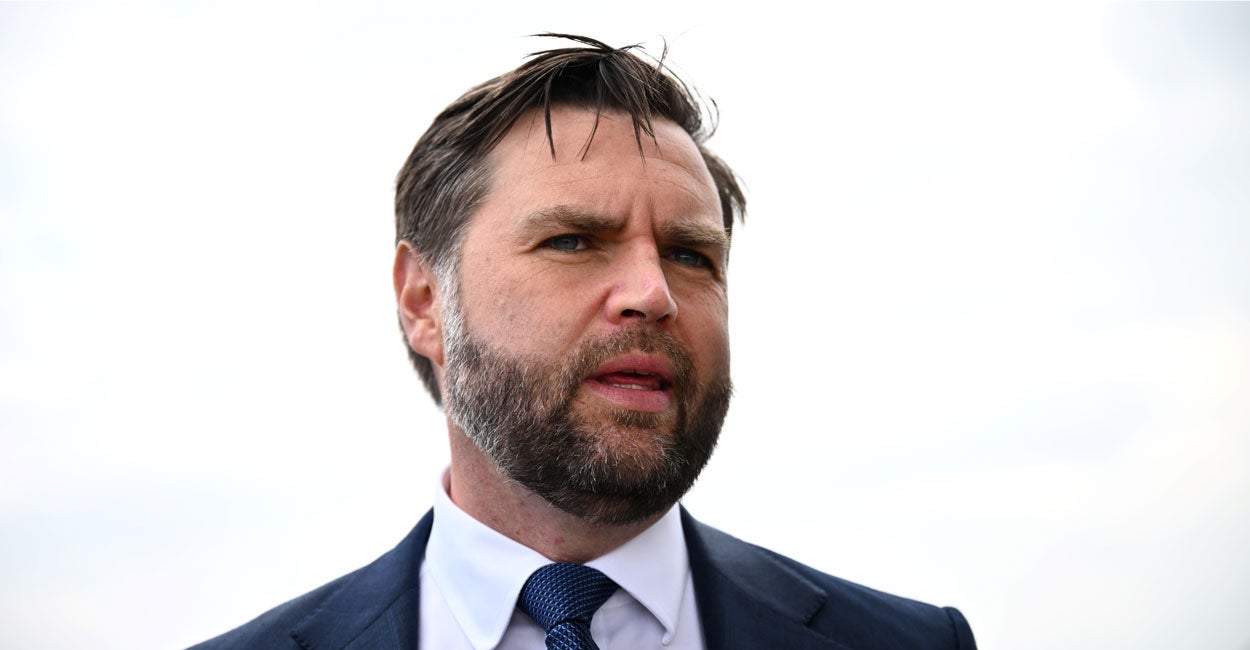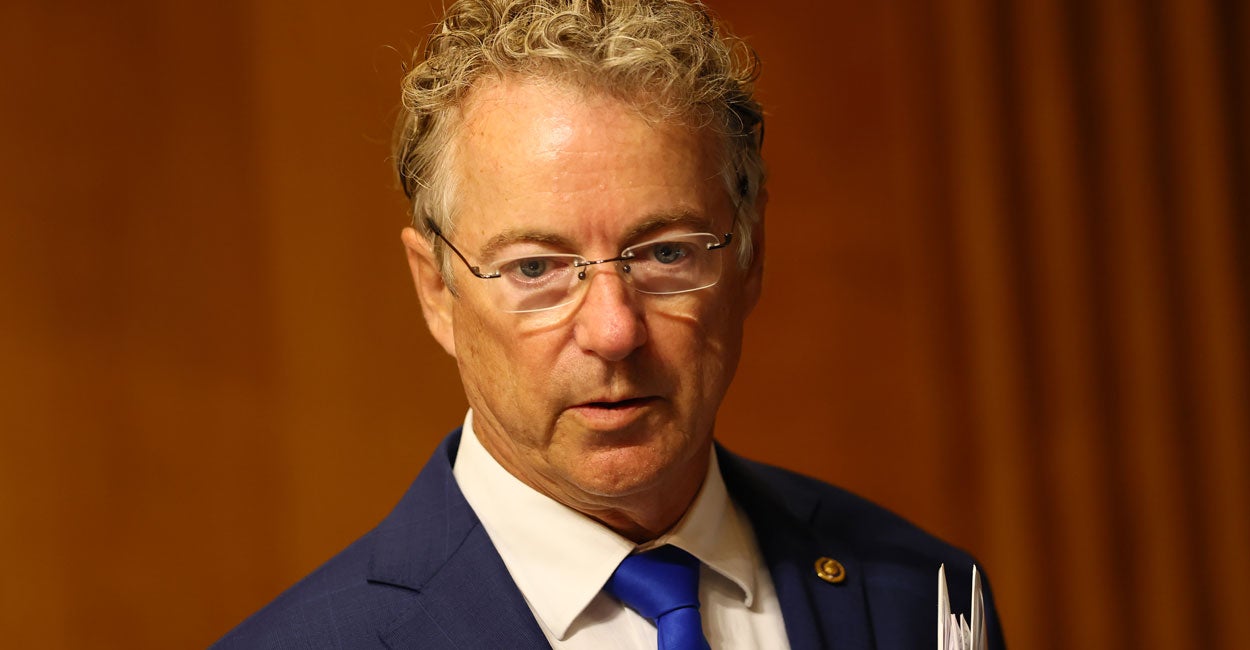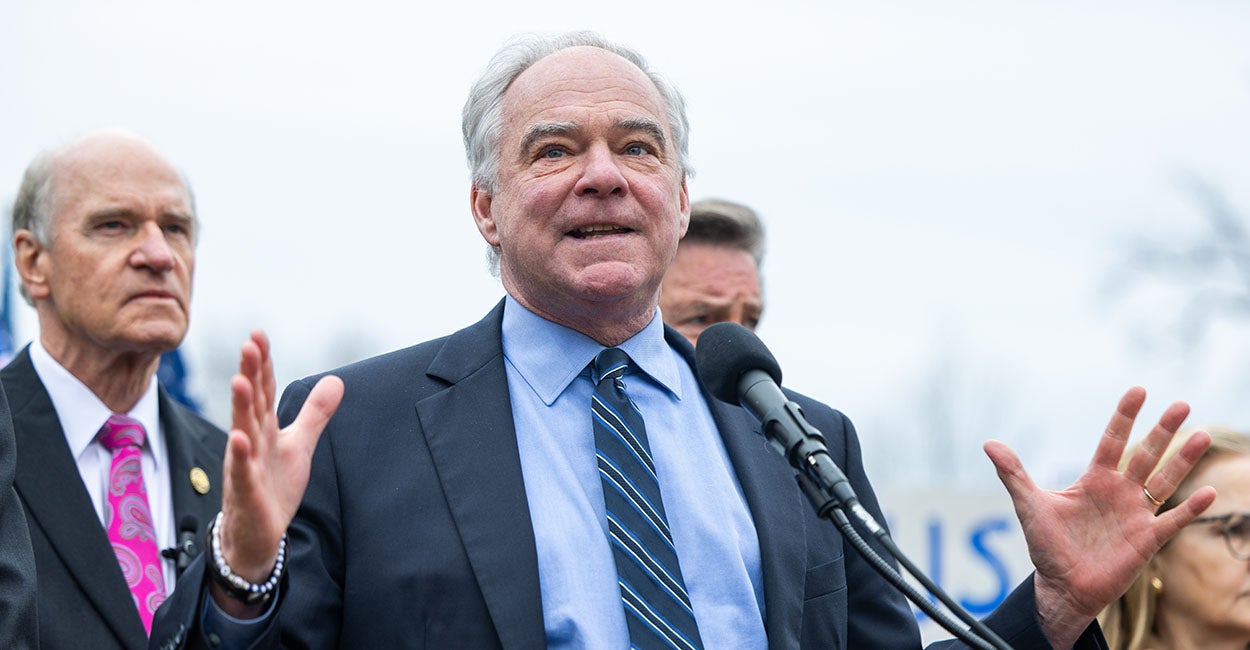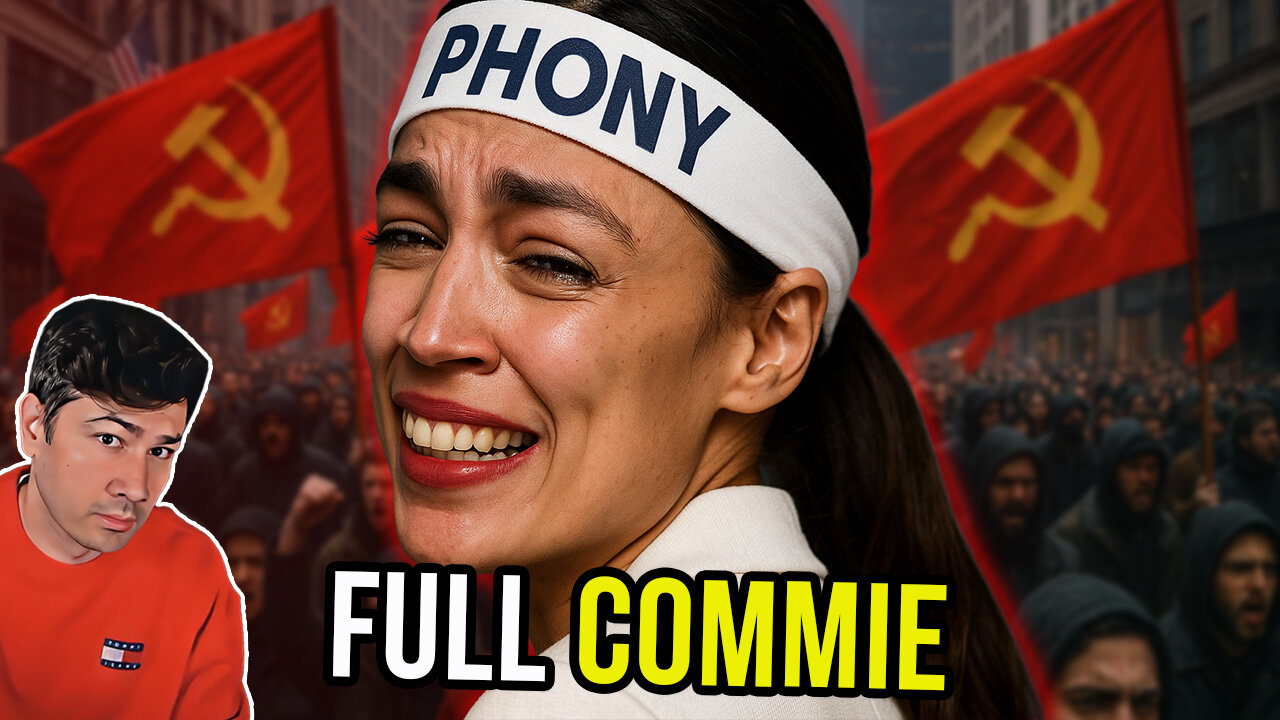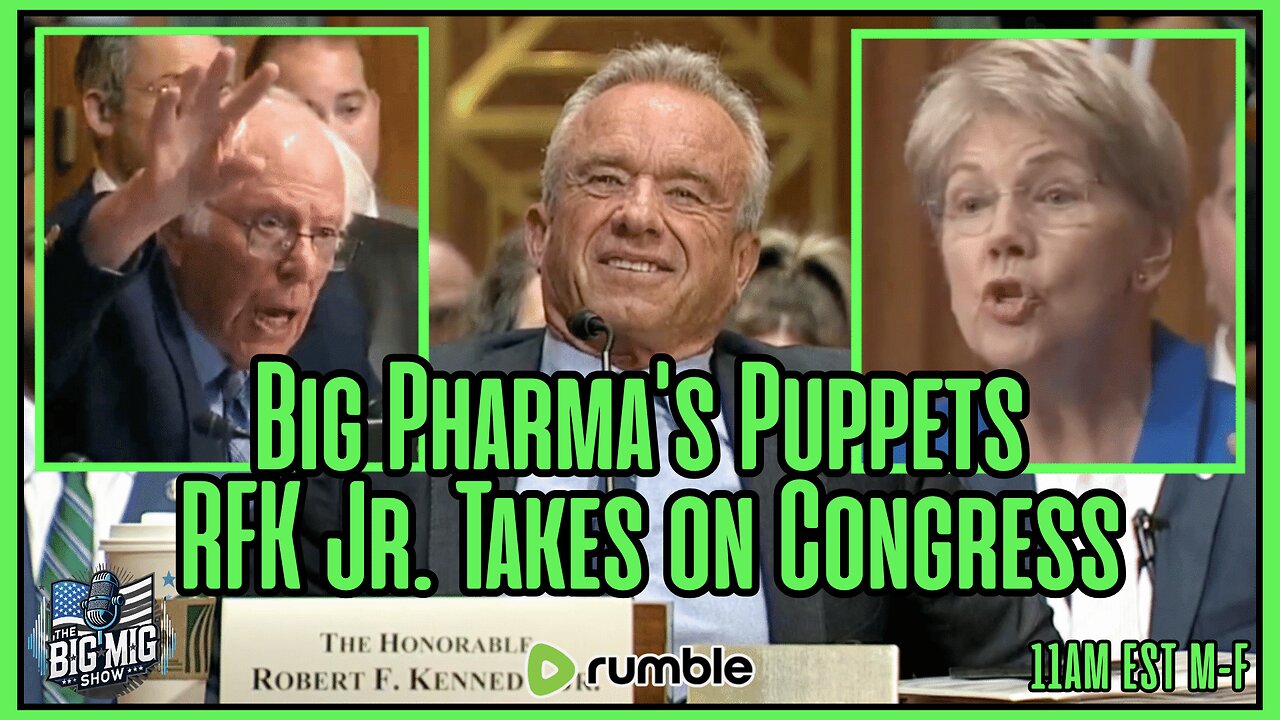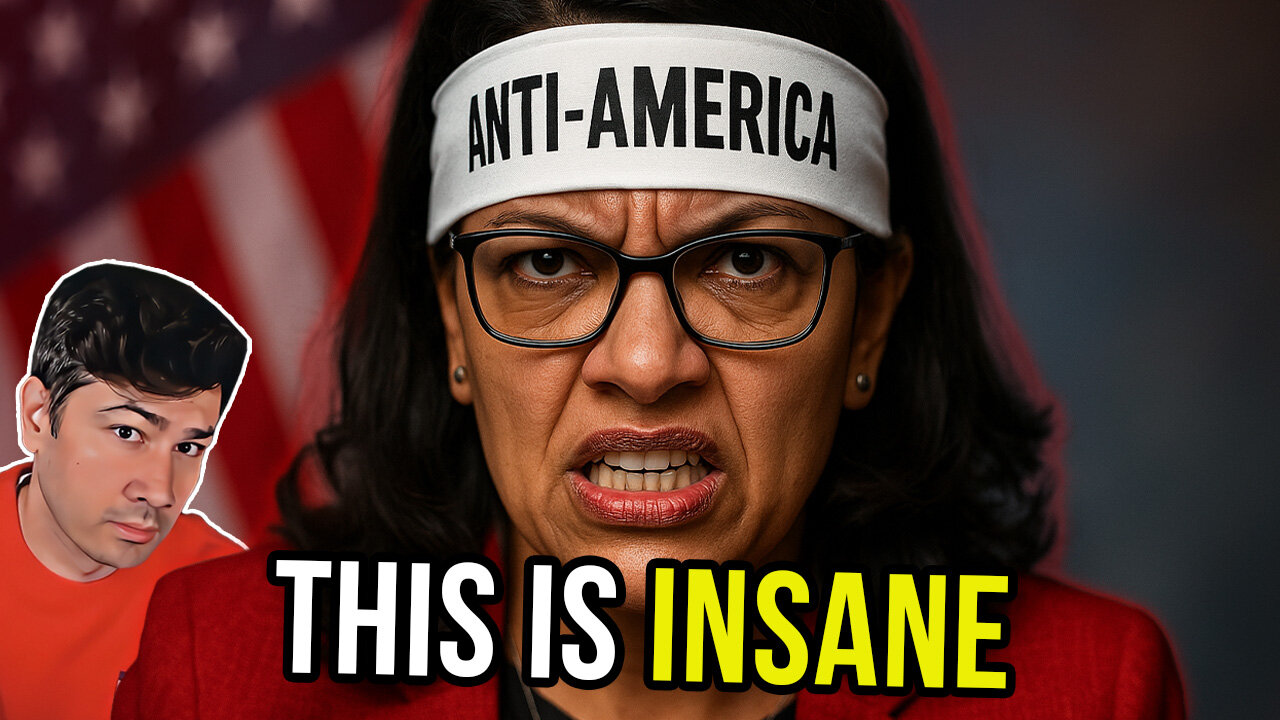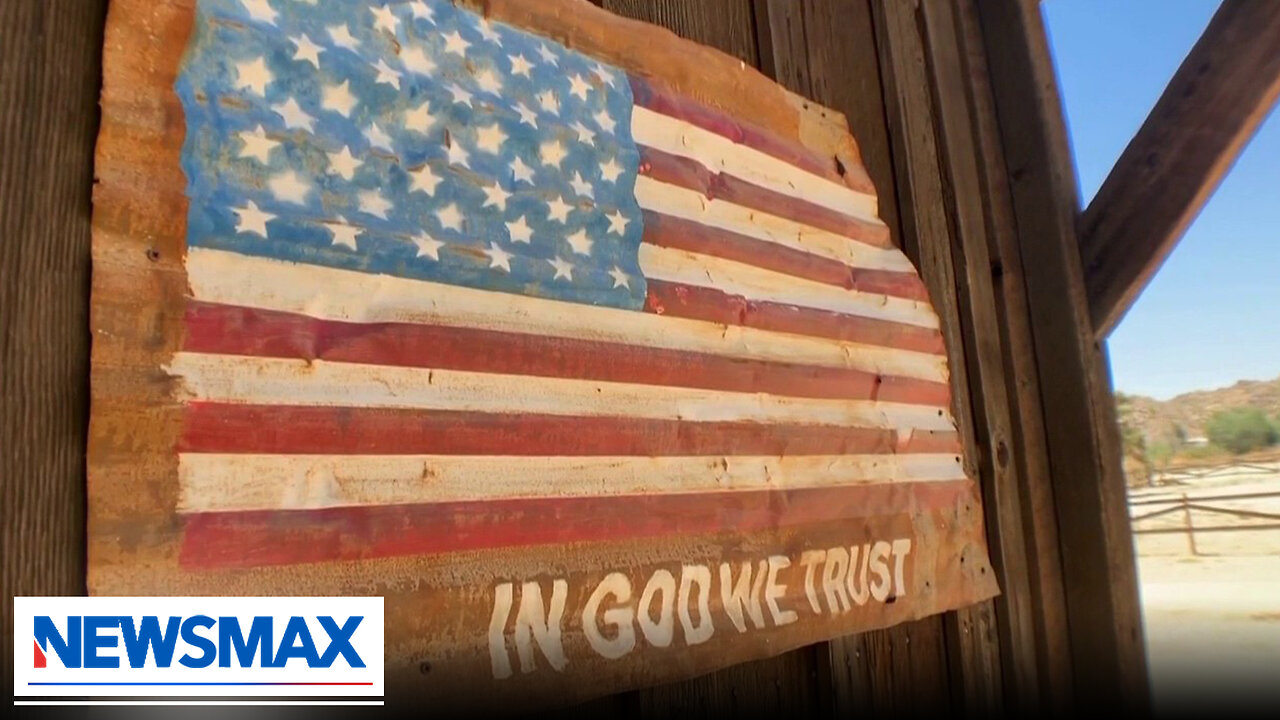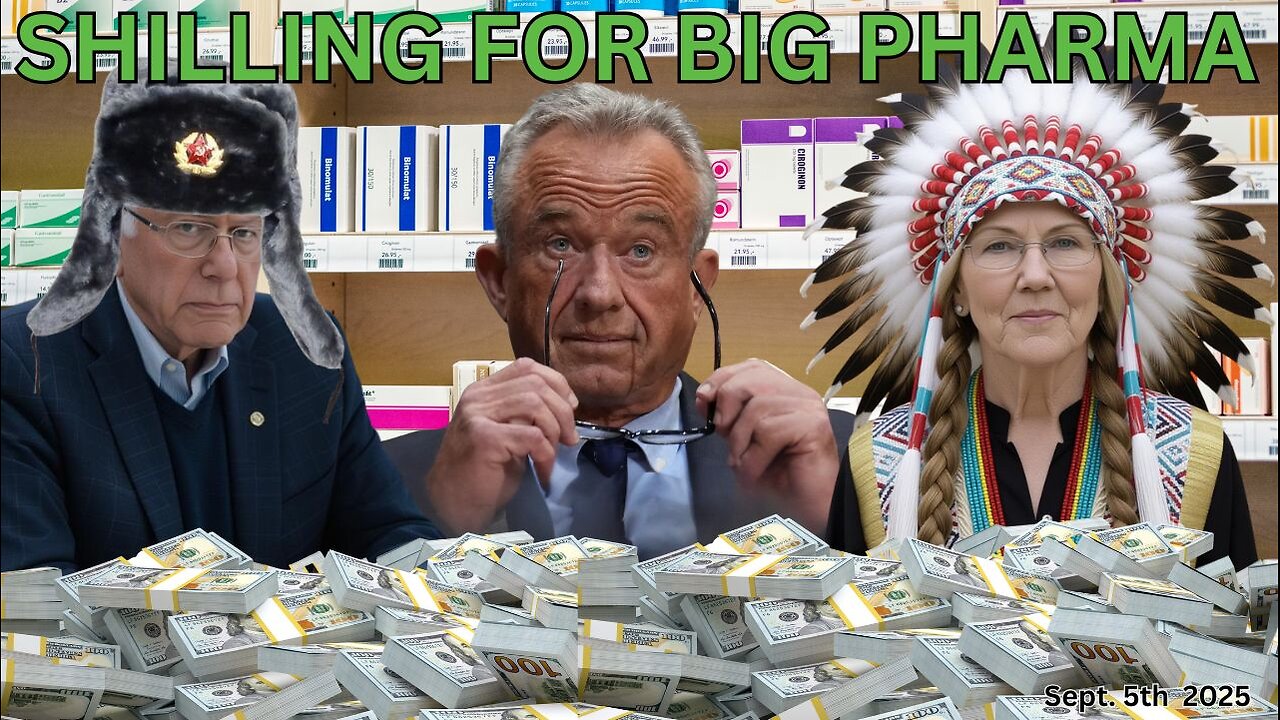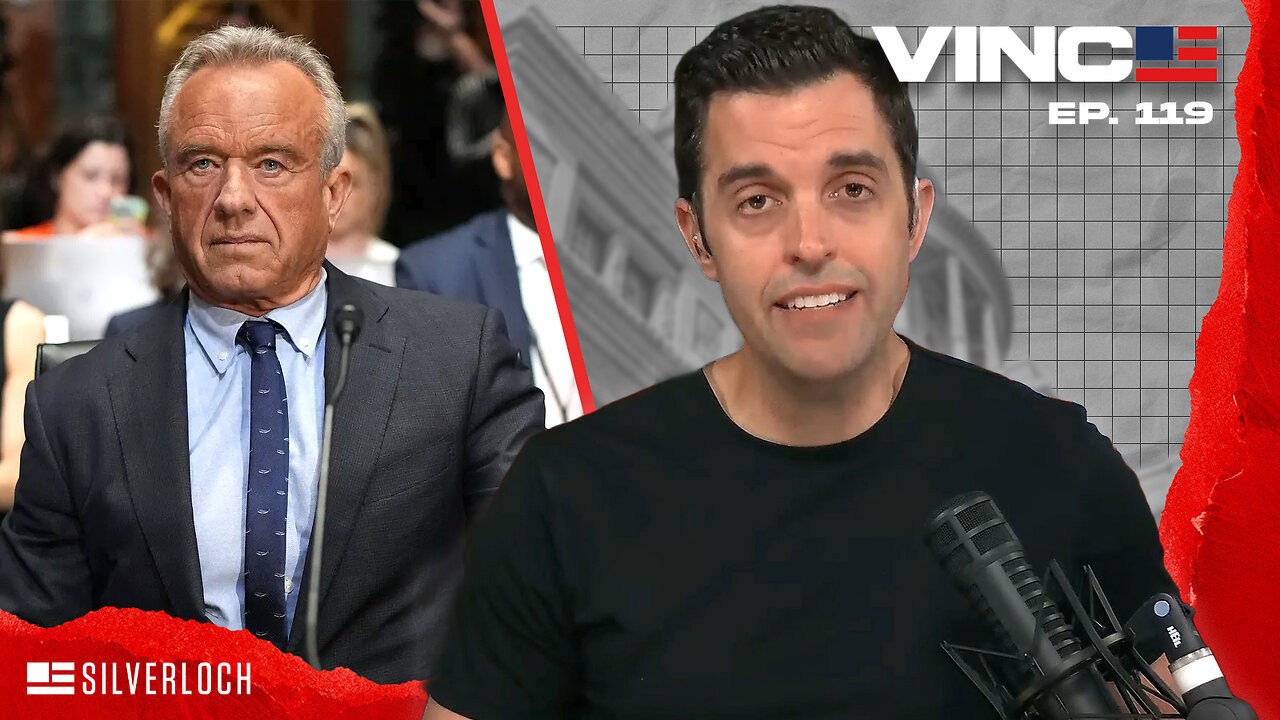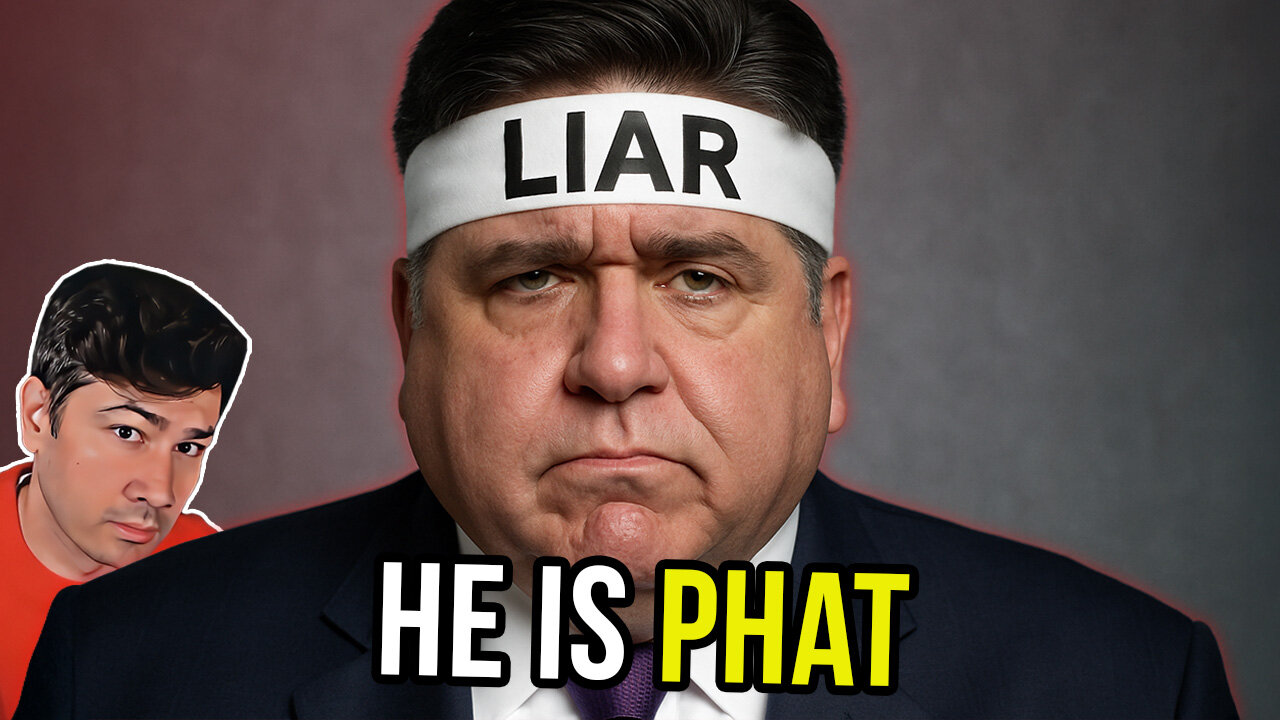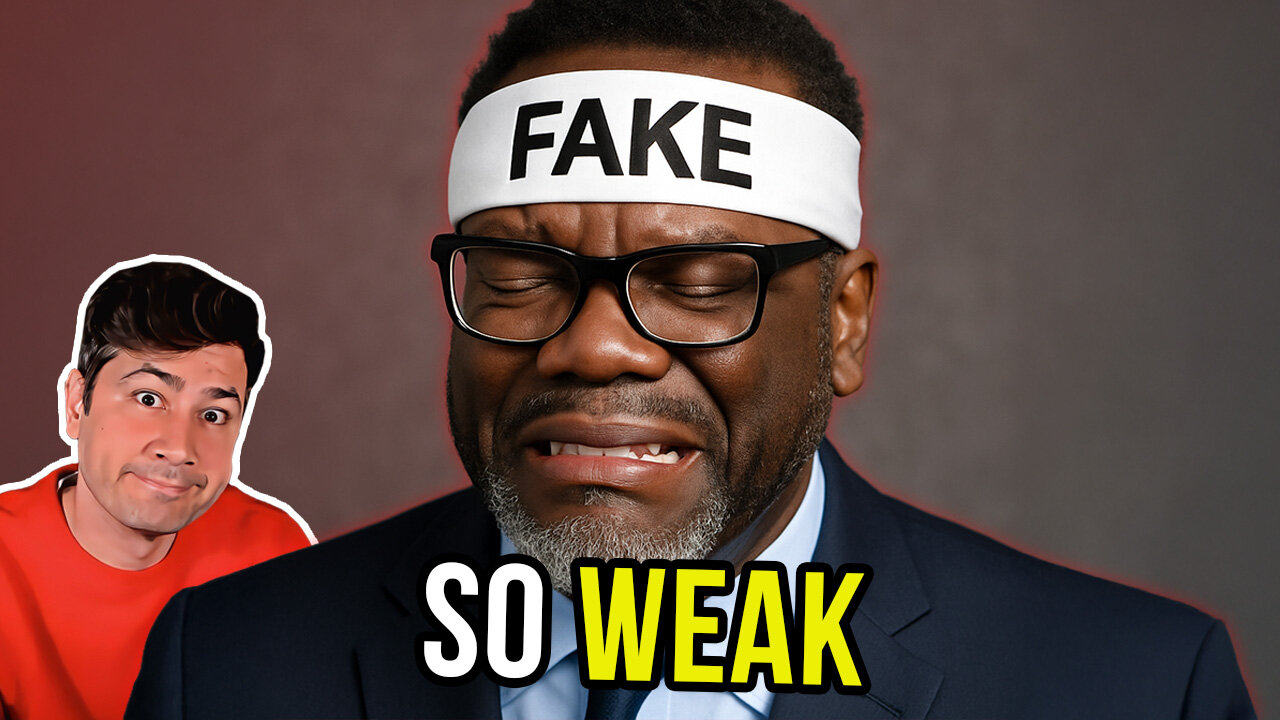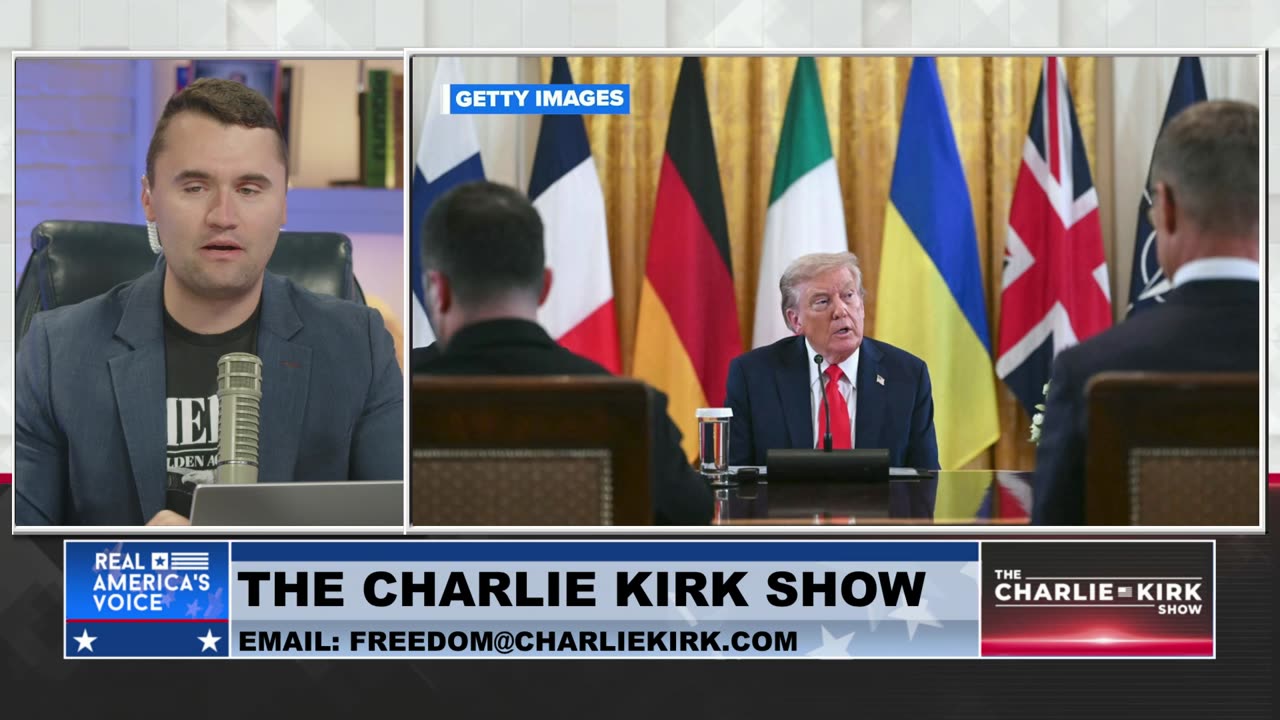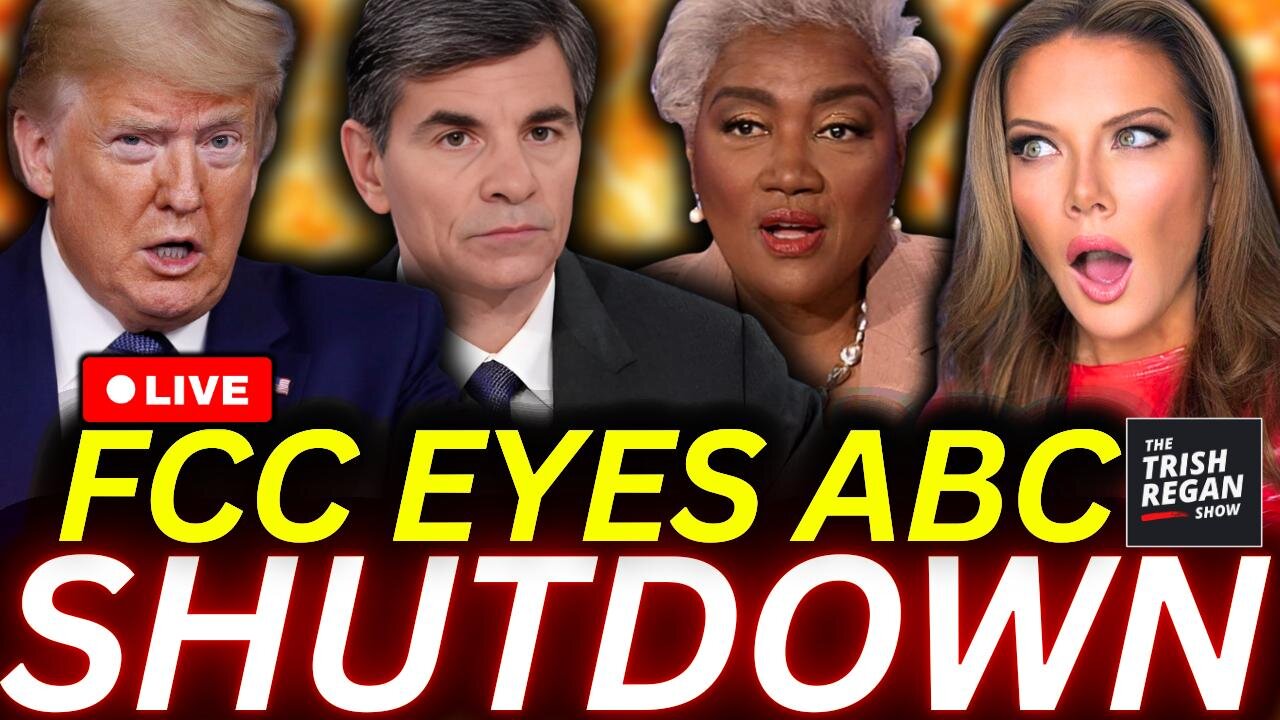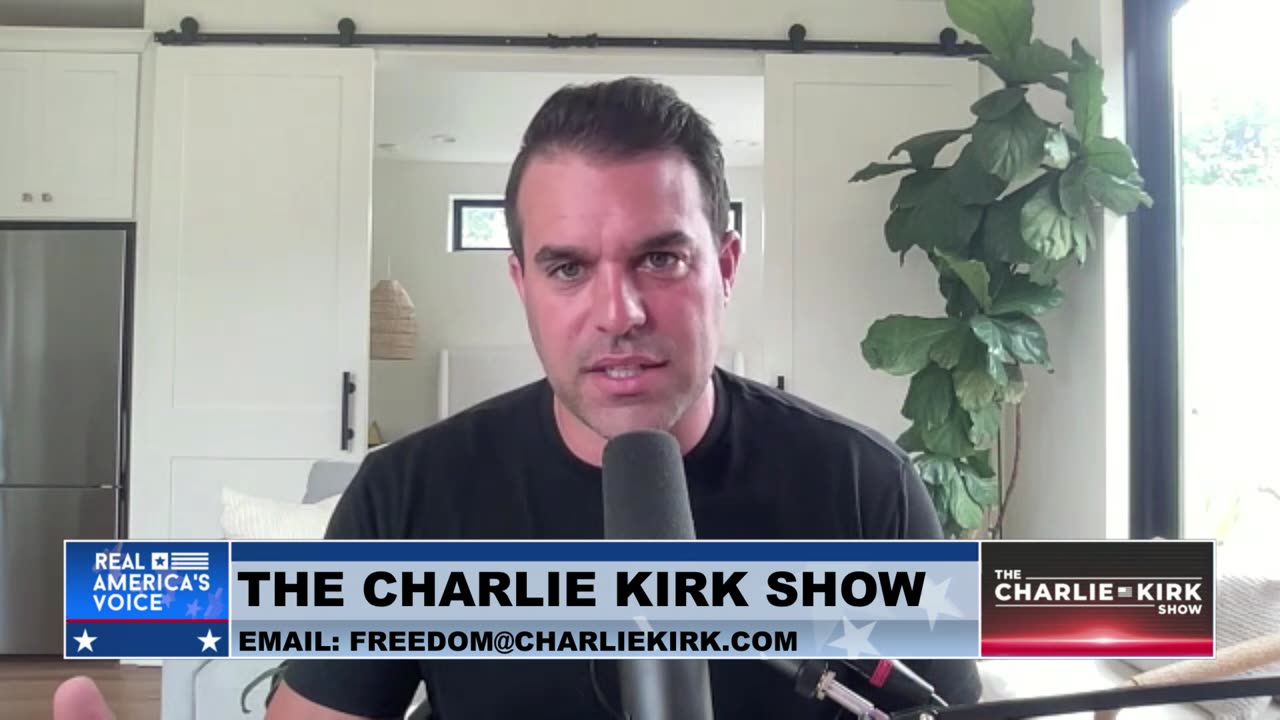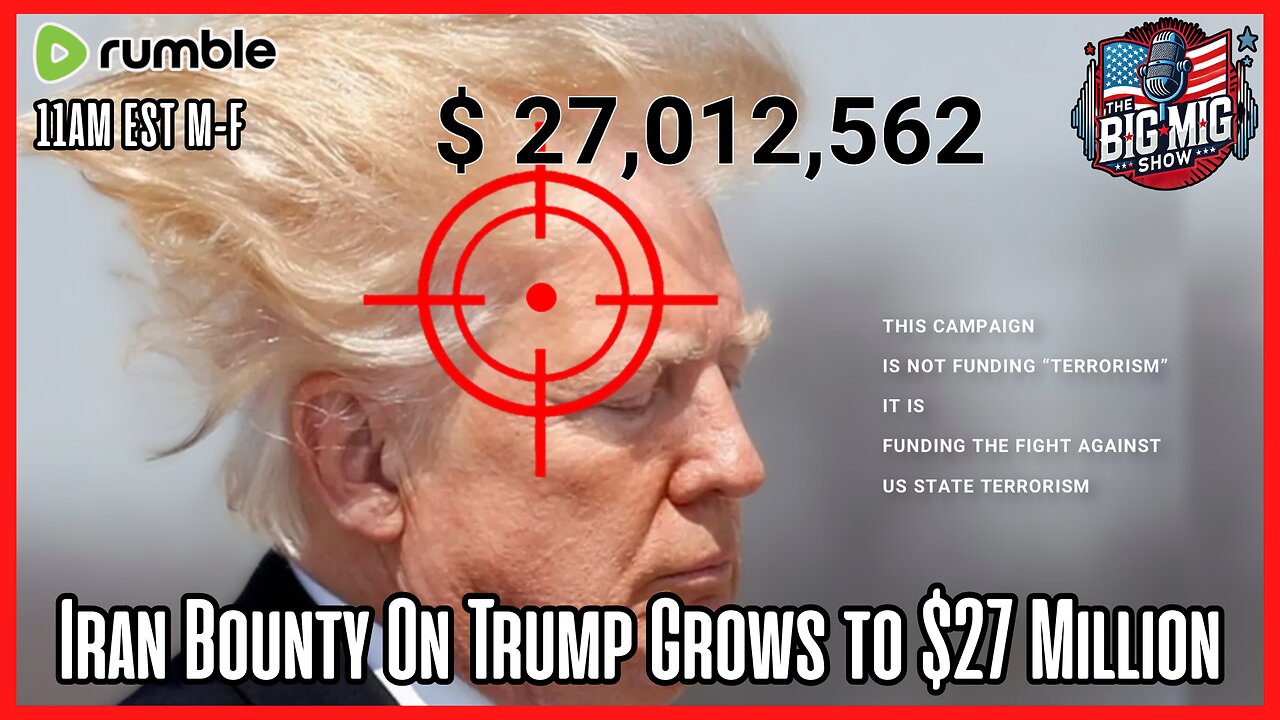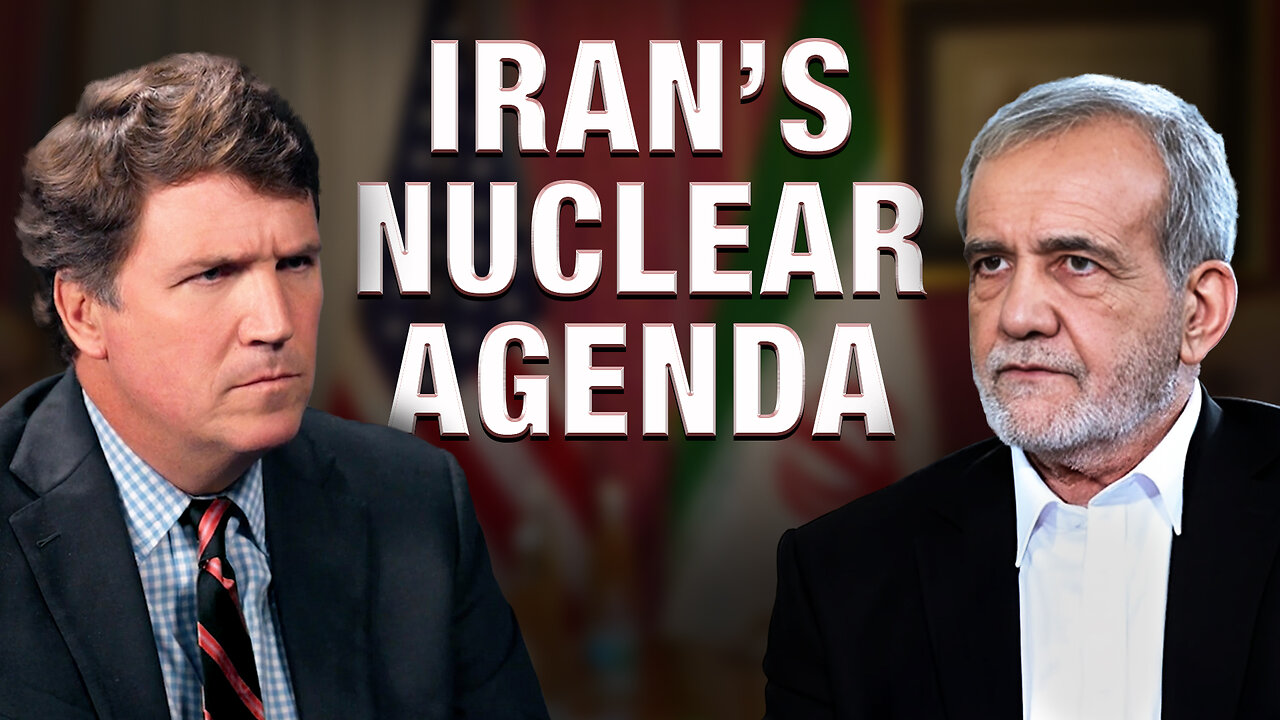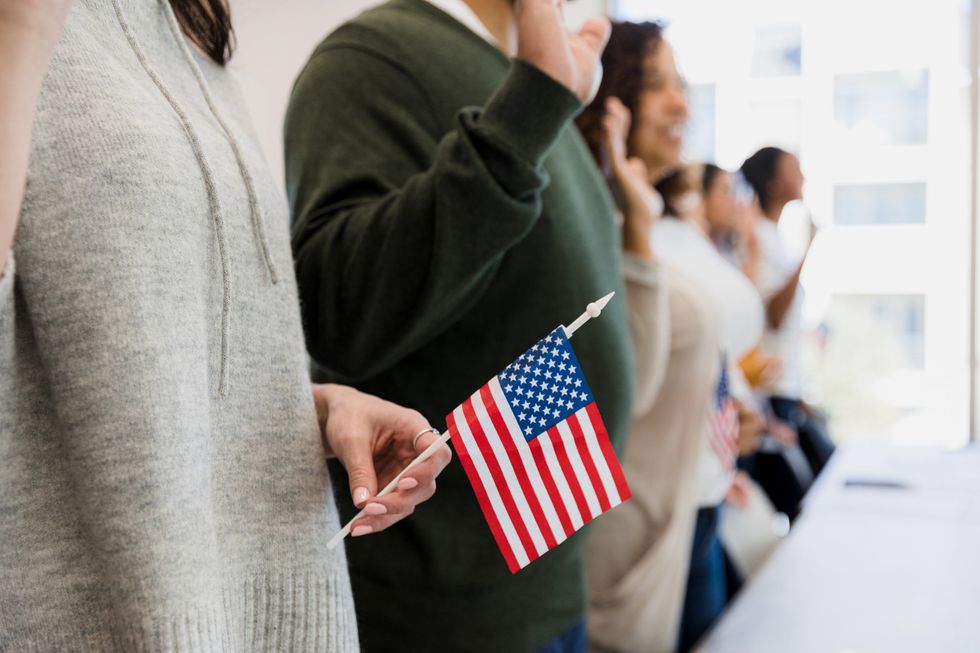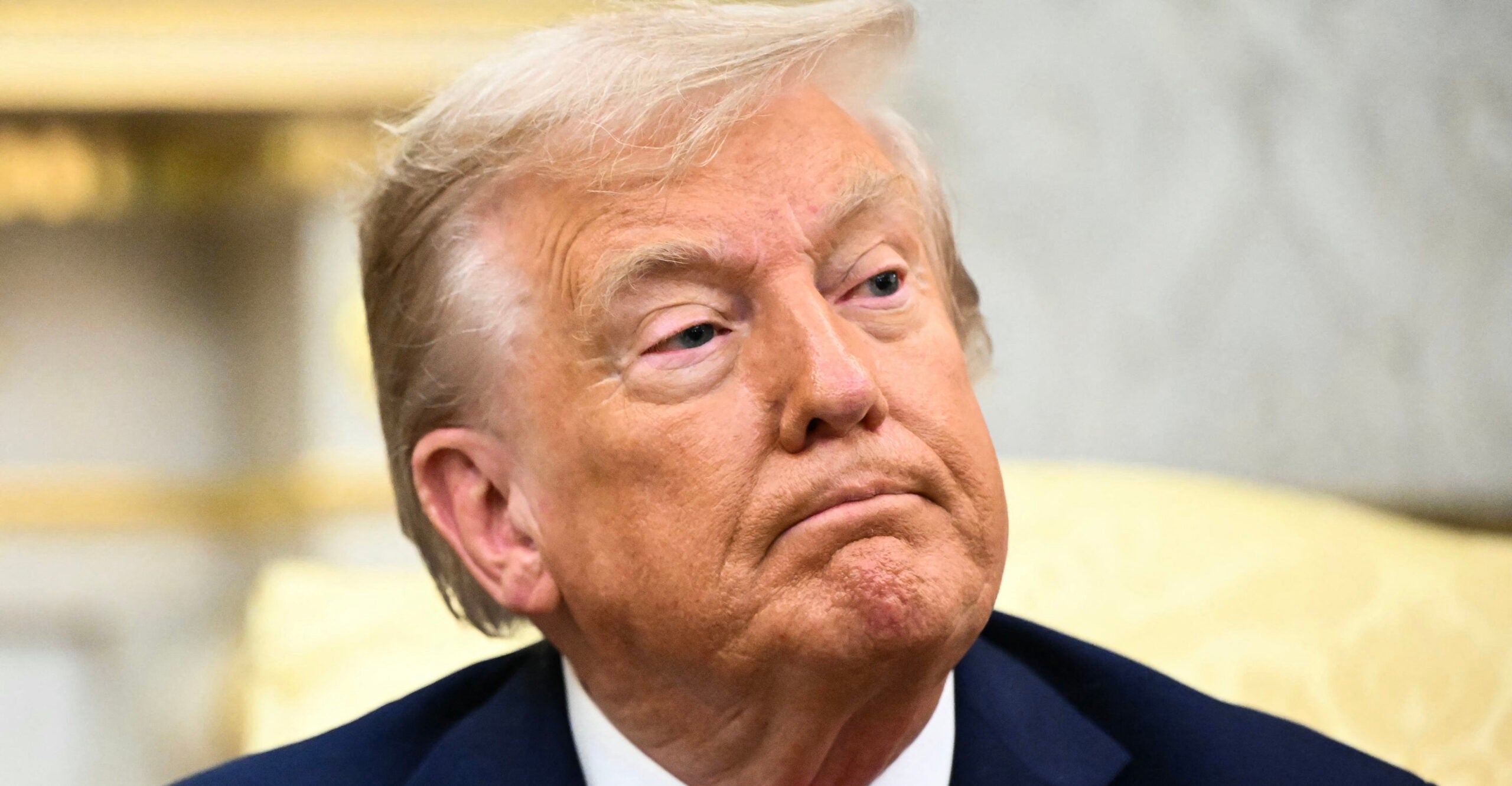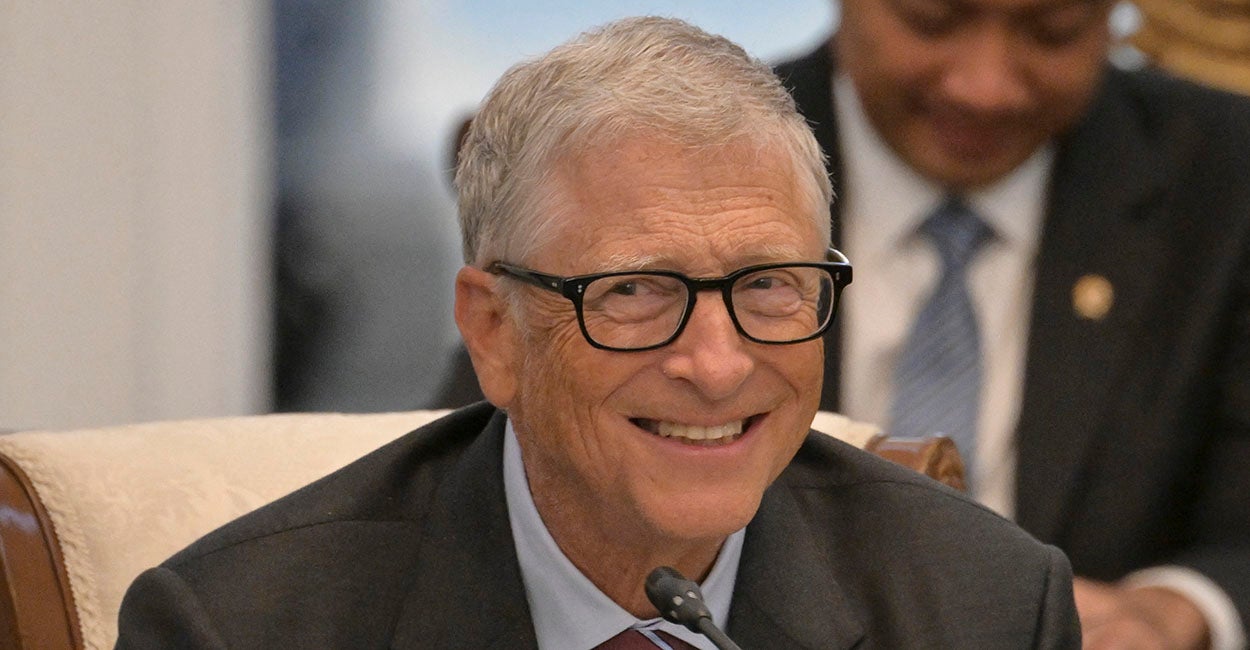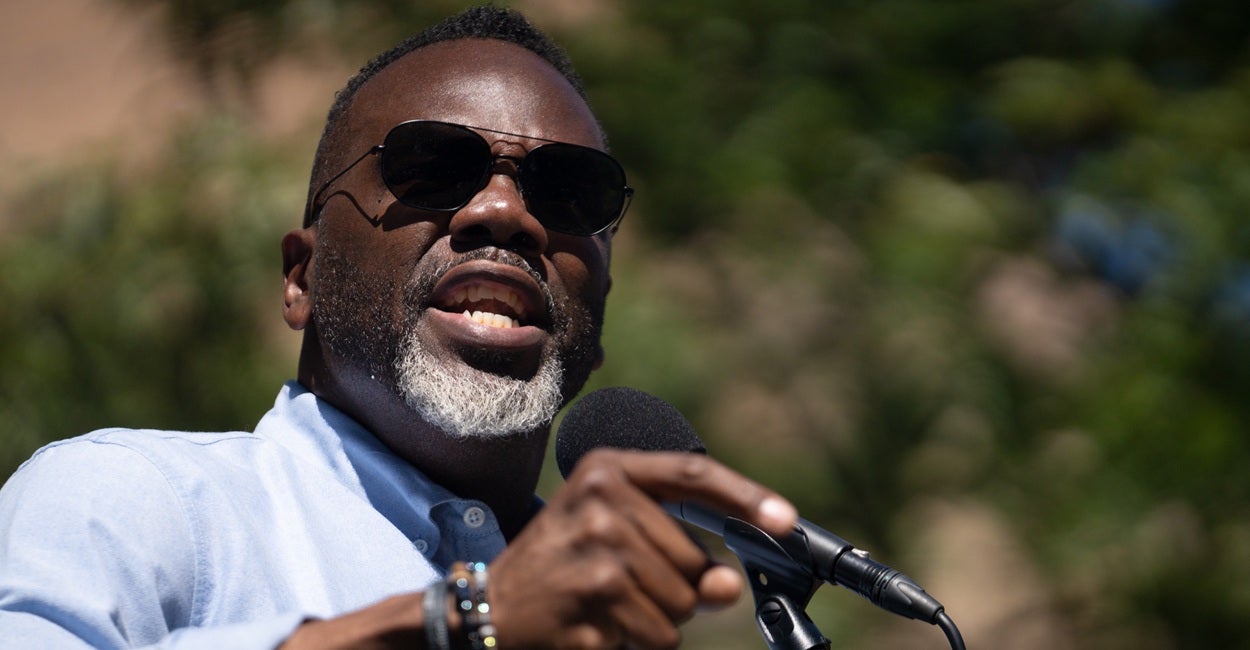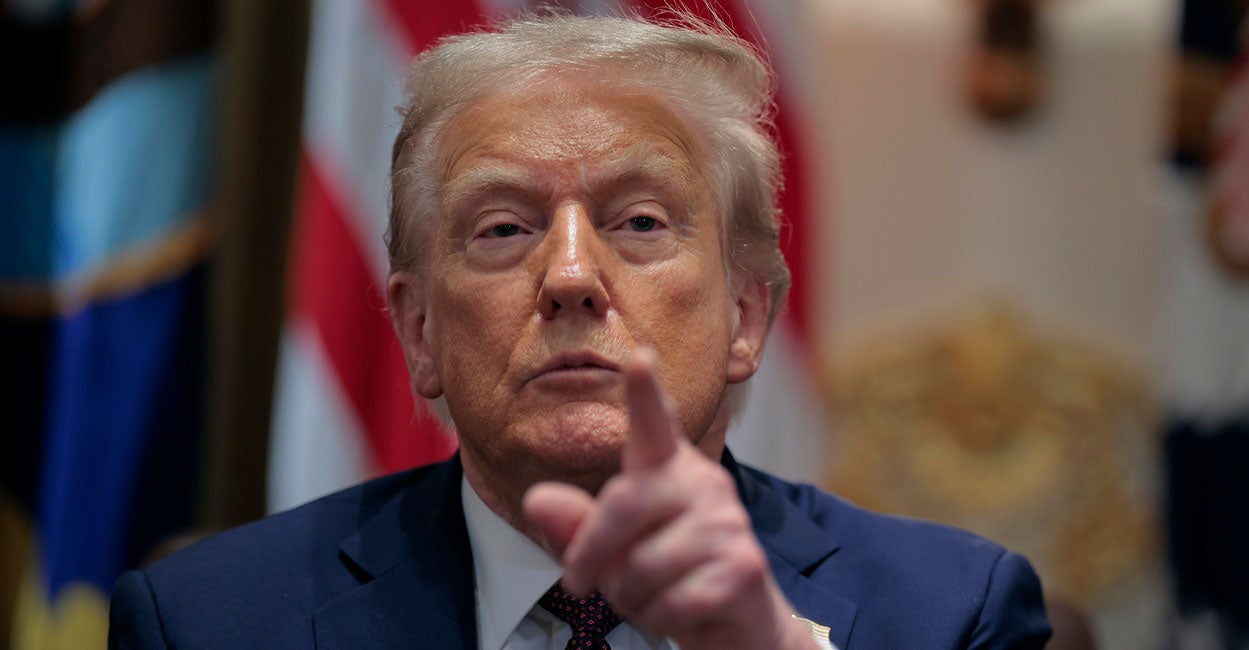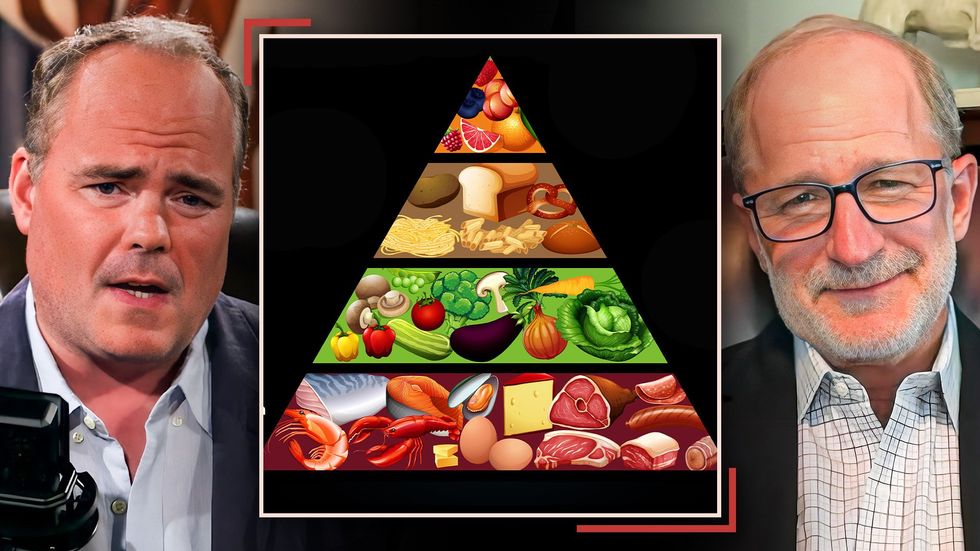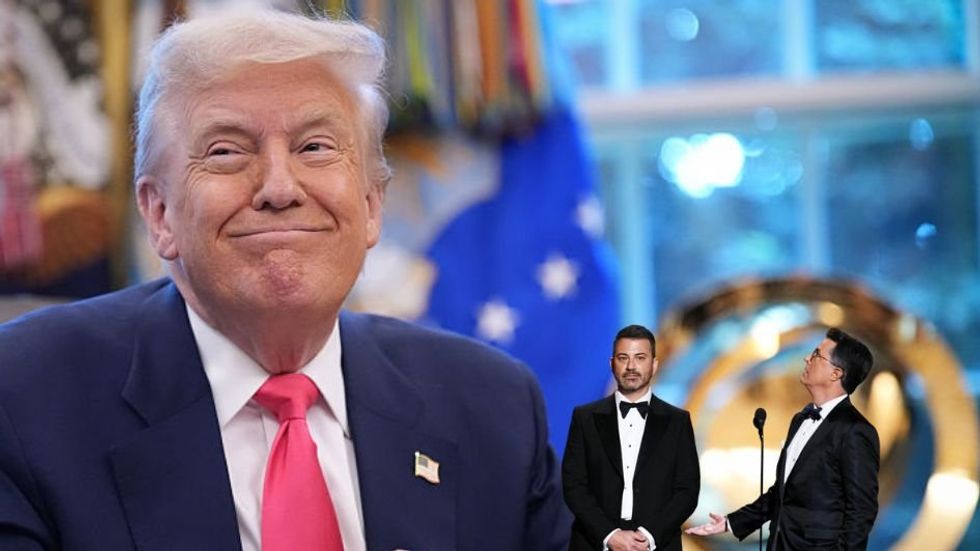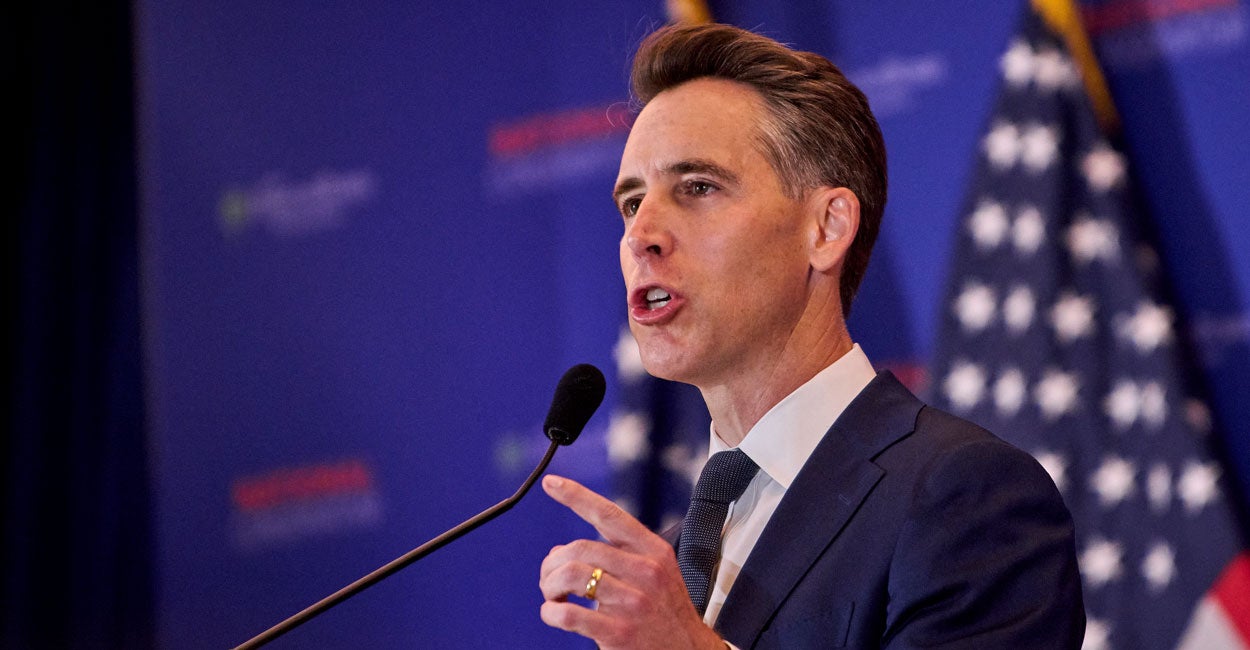Trump is right to turn the screws on Canada
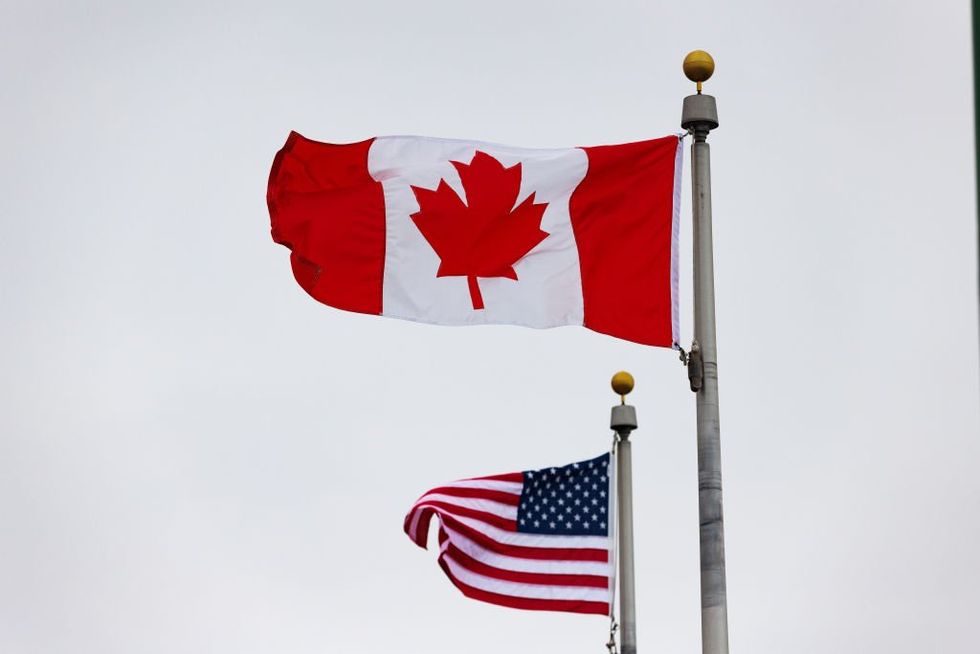

Chrystia Freeland, a potential Canadian prime minister, called President Trump’s 25% tariff on Canadian aluminum “an act of economic self-mutilation by the United States.” She delivered her anti-American rant in the New York Times.
Freeland relied on Ottawa’s oldest tactic — convincing Americans that their economic well-being depends on Canada’s. In reality, Canada’s diplomats have long undermined U.S. economic interests.
Ottawa’s reaction to US steel and aluminum tariffs has exposed Canada’s vulnerability.
The aluminum and steel industries have suffered, but energy imports provide an even starker example. Canada has worked aggressively to make the United States more dependent on its fossil fuels while freezing out rival suppliers — driving up costs for American consumers and industry.
Ottawa likes to talk about progressive foreign policymaking. But like all countries, its main motivation is cold, hard economic interest.
Nowhere is this more obvious than in Canada’s Latin America policy, with the heavy sanctioning of oil-rich Venezuela as its main priority.
Ottawa began pushing for sanctions on Venezuela’s oil, gas, and mining sectors in 2015 — well before Trump’s first election. Canadian officials framed the policy as a social justice effort, but it ultimately padded the profits of Canadian oil firms.
During Trump’s first term, U.S. imports of Canadian crude oil and petroleum products surged by about 40%. The “maximum pressure” campaign against Venezuela may have been signed off by Washington, but it was crafted in Canada.
At the same time, U.S. imports of Venezuelan crude plummeted. By late 2019, they had nearly disappeared. This supply cutoff squeezed Gulf Coast refiners, drove up gas prices, and made the United States more dependent on expensive Canadian oil.
But the tide is turning against Canada. Ottawa is struggling to use Venezuela as leverage over American officials as Trump pursues closer ties with the Maduro administration as part of his administration’s effort to combat illegal immigration.
This shift became clear earlier this month when Caracas released six American detainees and agreed to take back several Venezuelan nationals detained in the United States.
These developments undercut Canadian Foreign Minister Mélanie Joly, who had claimed the Trump administration had no interest in working with Venezuela. Joly warned that a drop in Canadian oil exports could force the U.S. to rely on Venezuelan crude — an argument reflecting nationalist sentiment at home.
The reality is the reverse. Joly’s false statement only served to confirm her self-interest.
In truth, the United States can and should import more of Venezuela’s proven reserves, the largest on earth, delivering huge savings to consumers and industry.
Far graver than tariffs, this is Canada’s worst-case scenario.
Trump recognizes Venezuela’s energy potential and understands that border security requires cooperation with the Maduro administration. With about 600,000 Venezuelans currently in the United States, Maduro will need incentives to facilitate their return.
A realignment in the Western hemisphere is underway. Trump’s historic ties with Canada and Mexico mean little if they don’t align with his "America First" agenda.
The North American oil market is already adjusting to the new administration. For necessary imports, the White House will favor the cheapest option — shipped from Venezuela, not piped from Canada.
Ottawa’s reaction to U.S. steel and aluminum tariffs has exposed Canada’s vulnerability.
In her New York Times piece, Freeland urged “every country in the world” to counter U.S. measures, even suggesting a 100% tariff on Tesla cars. But Canada’s calls for international solidarity ring hollow after years of economic growth at America’s expense.
That model thrived under a weak White House. Now that Trump has called out Canada, its leadership must face the harsh realities of the new global order.
Originally Published at Daily Wire, Daily Signal, or The Blaze
What's Your Reaction?
 Like
0
Like
0
 Dislike
0
Dislike
0
 Love
0
Love
0
 Funny
0
Funny
0
 Angry
0
Angry
0
 Sad
0
Sad
0
 Wow
0
Wow
0
